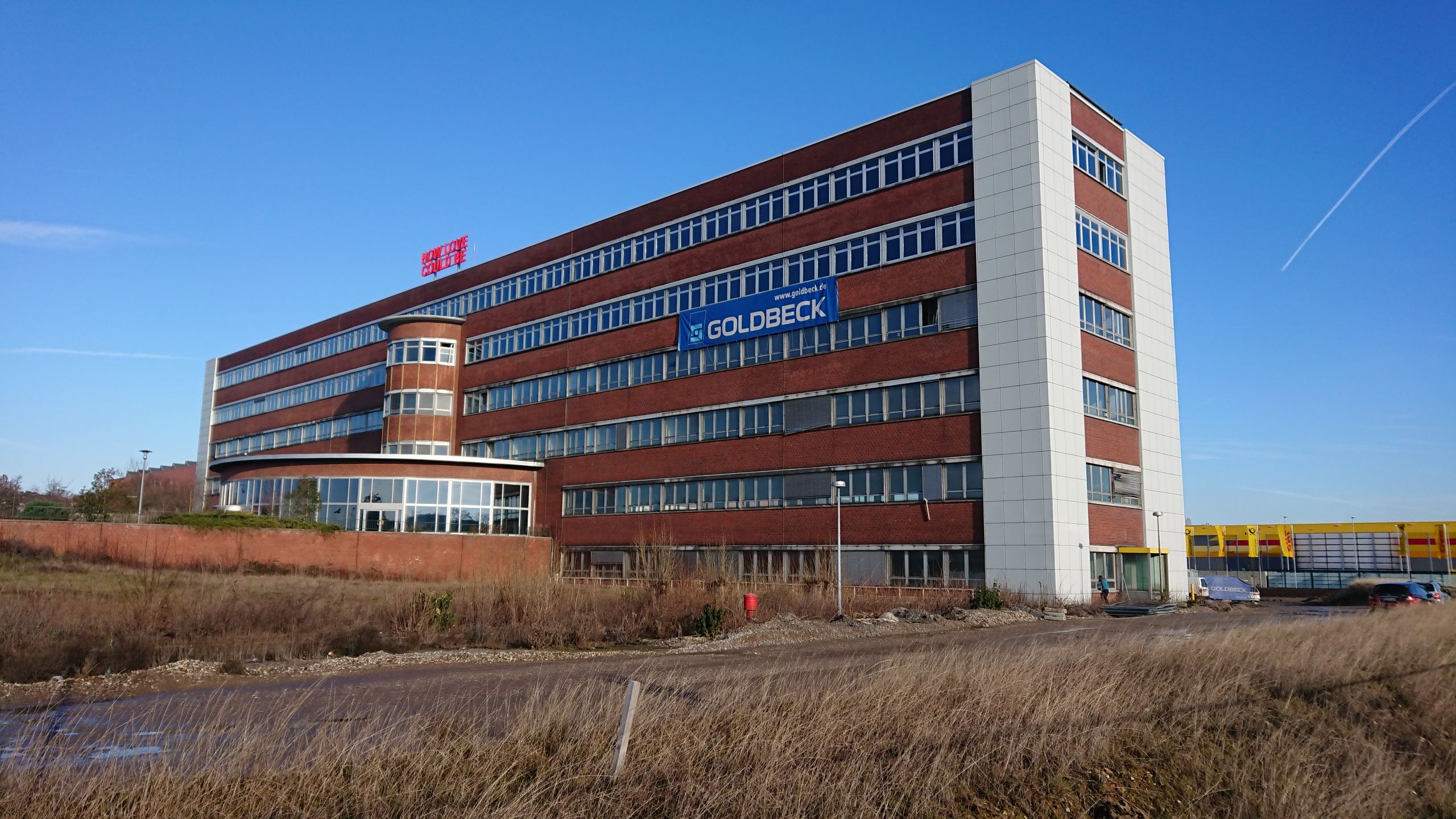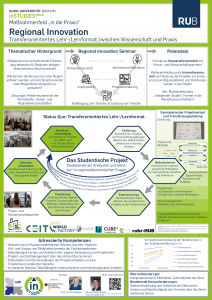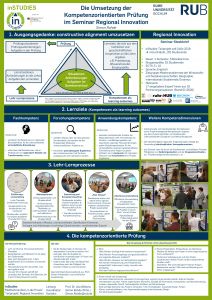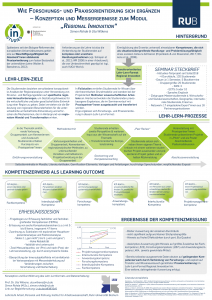Welcome to Regional Innovation!
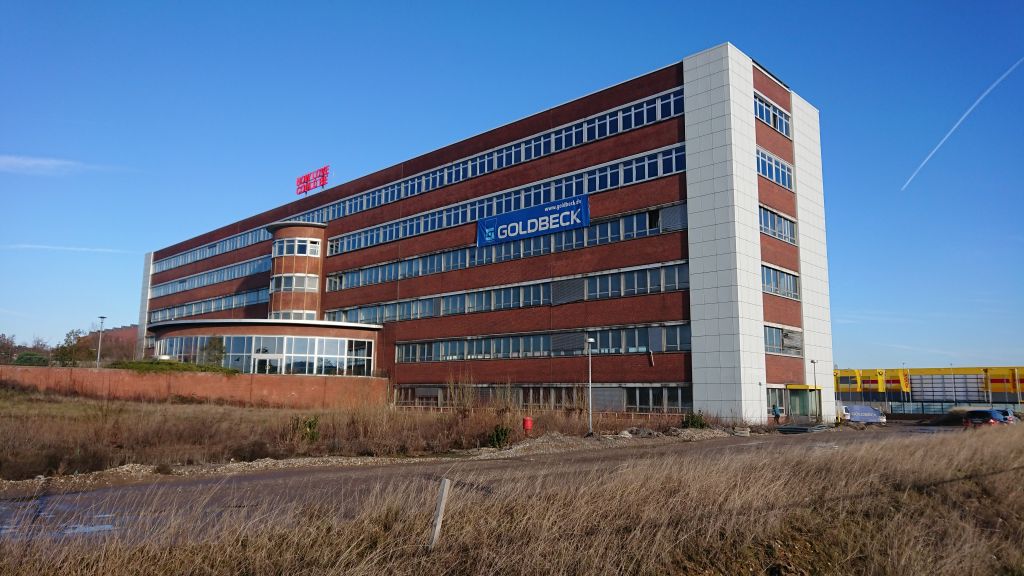
„Models that depict innovation as a smooth, well-behaved linear process badly misspecify the nature and direction of the causal factors at work. Innovation is complex, uncertain, somewhat disorderly, and subject to changes of many sorts. Innovation is also difficult to measure and demands close coordination of adequate technical knowledge and excellent market judgment in order to satisfy economic, technological, and other types of constraints-all simultaneously. The process of innovation must be viewed as a series of changes in a complete system not only of hardware, but also of market environment, production facilities and knowledge, and the social contexts of the innovation organization“ (Kline & Rosenberg,1986).
The module encourages students to identify their own projects, to develop theoretical and methodological foundations, and to collect and evaluate own data. Following, they can make concrete proposals for further enhancing competitiveness of the Ruhr Area or another region and become experts in regional knowledge transfer.
Kline, S.J. & Rosenberg, N.: An Overview of Innovation. Jahr: 1986. In: Rosenberg, N. (ed.) – Studies on Science (S. 173–203). https://doi.org/10.1142/9789814273596_0009
- Announcements
- Forum: Finding Your Group
- Forum: General Issues and Troubleshooting
- Frequently Asked Questions
- The Exposé/Draft (Obligatory)
- Deliverables Update and QnA
- Coaching 2 (Theories and Methods) Part 1
- Coaching 2 (Theories and Methods) Part 1 (PDF)
- Coaching 2 Part 2A
- Coaching 2 (Theories and Methods) Part 2A: Clusters
- Coaching 2 (Theories and Methods) Part 2A: Clusters (PDF)
- Coaching 2 (Theories and Methods) Part 2B: Regional Ecosystems
- Coaching 2 (Theories and Methods) Part 2B: Ecosystems (PDF)
- Coaching 2 Part 3 OWL
- Coaching 2 Part 3 OWL (PDF)
